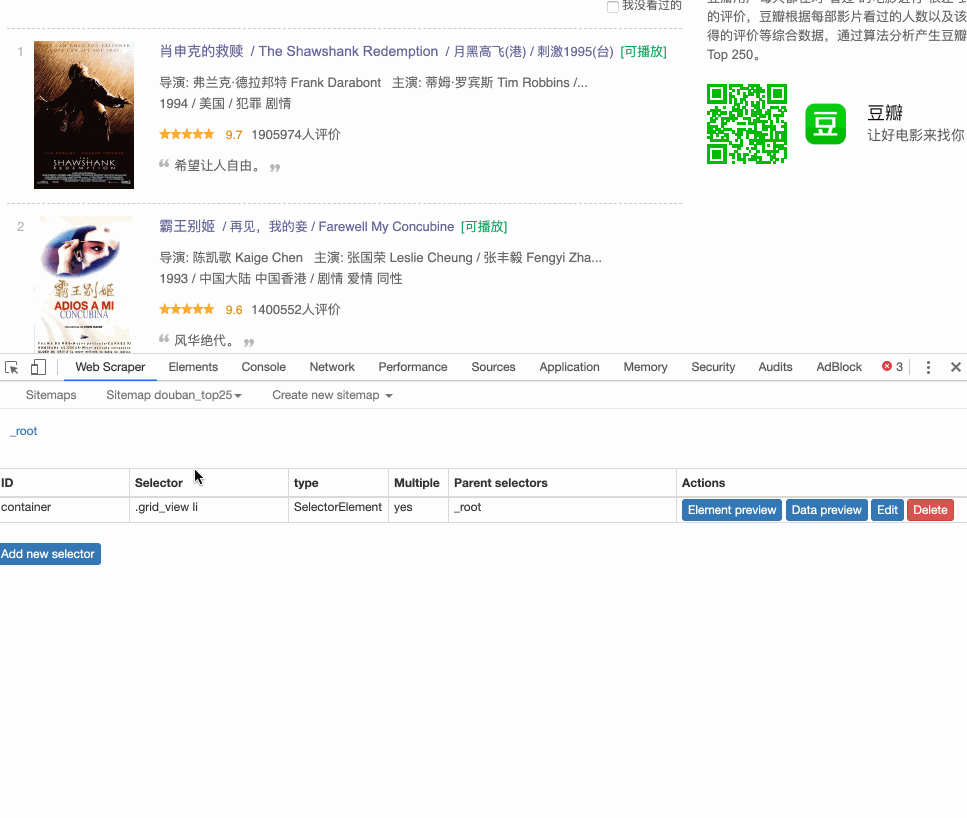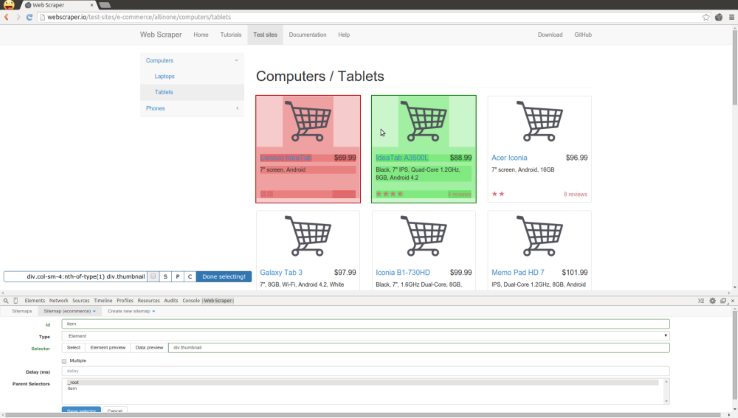

Try to always address your cover letter to a specific person, such as the hiring manager. Including quantifiable achievements can help you garner attention, as they provide demonstrable proof of the positive results you create for employers or clients. Use your cover letter to expand on the most relevant achievements or results you have achieved in your career thus far. Your letter must focus on the skills you can provide to help the employer solve their problems or otherwise benefit their business. When employers post openings for freelance positions, they typically have a specialized role they want to fill.
#WEBSCRAPER FOR FREELANCER.COM HOW TO#
Related: How to Format a Cover Letter (With Tips and Examples) Demonstrate your value Again, you want to incorporate keywords to help demonstrate your alignment with the position and understanding of the employer's expectations. These points should highlight your relevant and significant skills or accomplishments. To make your letter even more scannable, you may choose to replace the body paragraph with three to four brief bullet points. Your name and contact information at the top of the pageĪn introduction that demonstrates your interest or how you found the jobĪt least one body paragraph that explains your relevant skills and qualificationsĪ closing paragraph that expresses thanks to the reader for their time and reiterates your interest Within this one-page document, you typically include the following sections or paragraphs: To help you do this, only include the information most relevant to the reader. The recipient may have many applications to review, so you want to ensure your letter is easy to scan and concisely describes your qualifications. There are several practices you can use when formatting your cover letter that apply to any industry. Related: Your Guide to Cover Letter Keywords Use appropriate formatting When working on a freelance basis, you want to showcase that you already have the specialized skills sought by the employer because they may not provide you training as they would a full-time employee. Then you can incorporate them into your letter to prove why you would fit well into the organization. Assess your existing skills and experiences to determine which ones most align with these keywords. You can use the following advice to help you write a cover letter for freelance jobs and engage hiring managers: Include relevant keywordsĪlways review the job description and highlight keywords related to its responsibilities and required qualifications. Related: How to Write a Freelancing Resume (With Tips, Template and Examples) Tips for a freelancer cover letter

Personalized letters demonstrate that the candidate took time and effort, which the employers may appreciate. This approach also ensures they use keywords from the job description to prove they have the qualifications sought by the employer. When employers do not require a cover letter, submitting one can help candidates stand out amongst the other applicants.įreelancing candidates should tailor their cover letter for every opportunity, demonstrating their interest in that particular role or employer. Freelancers typically have a specialized set of skills, and a cover letter offers them an opportunity to demonstrate how those skills can benefit the potential employer.

Related: How to Start Freelancing Why is a cover letter important for freelancers?įreelancers can provide a cover letter when applying for jobs to describe their relevant qualifications in more detail. In this article, we discuss the importance of cover letters for freelancers and offer advice and an example to help you write them. Because freelancers work independently, there are several skills you can include in your letter to assure employers that you are an ideal candidate. Your cover letter should outline the specialized skills and qualifications you have that enable you to perform the role effectively. A cover letter can be an effective method of attracting hiring managers' attention when applying for freelance work.


 0 kommentar(er)
0 kommentar(er)
